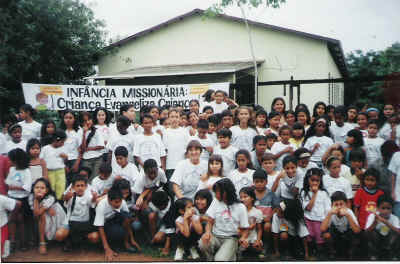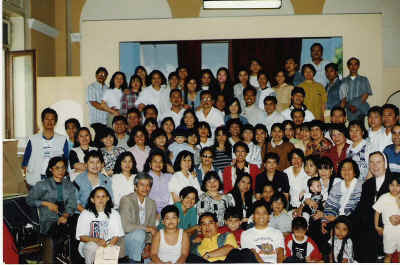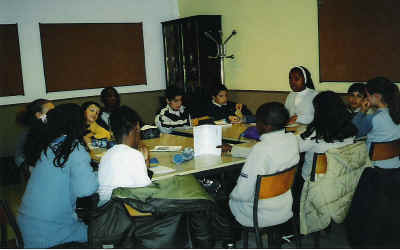|
Catechesis
“The
new needs of peoples require new treatment and endless concern in order to
implant the Christian spirit in children, strengthening their will in the good,
illuminating their consciences and turning them to righteousness, ennobling
their sentiments, and, according to the beautiful expression of the Apostle,
forming Jesus Christ in their souls” (Blessed Scalabrini, Pastoral Letter to the
Clergy and People of Piacenza on the Teaching of the Catechism, April 23, 1876).
As MSCS
Sisters carry out their mission, they place catechesis at the basis of their
apostolic action, striving to adapt it to the spirituality of the recipients, a
people on pilgrimage in faith and hope, and the subject of a special role in the
Father’s plan.
They thus
undertake this pastoral ministry as a systematic, progressive and ongoing
process of education in the faith that opens people up to communion with Jesus
Christ and fidelity in the missionary task.

Evagelization
The first
challenge of the Scalabrinian missionary vocation, rooted in baptism and the
charism, is recognition of the call to bear witness to the love with which the
Father loves migrants, and this service is a commitment for those who dedicate
themselves to the mission in the context of human mobility.

Evangelization
is always a priority task in MSCS Sisters’ missionary action, regardless of the
actual situation into which they are incorporated because of the need – a need
becoming apparent everywhere – to be where migrants live, work, suffer and pray,
building the history of salvation with them, constantly offering
awareness-raising programs, so that the whole Church, from small communities to
the hierarchy, undertakes the mission among migrants and refugees, and lastly
organizing operational approaches capable of affecting both the church context
and the broader educational, cultural or social context.

By allowing themselves to be evangelized by the fruitful
presence of migrants and by sharing with them the condition of “migrant”, the
Sisters strive in their pastoral action to harmonize interculturality, the
ecumenical path, interreligious dialogue and ongoing education in the faith with
an appropriate catechesis adapted to the needs of migrants’ situation.


|